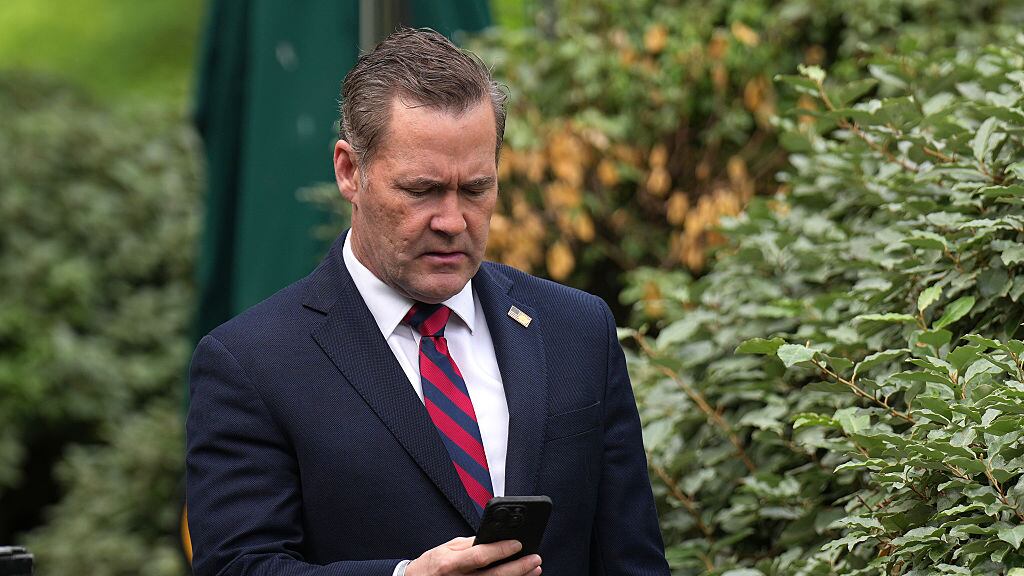Donald Trump announced on May 1 his first major change in his National Security team by reorganizing his Security Council: Mike Waltz will leave the position he held since January 20 and will assume the role of United States Ambassador to the United Nations.
Secretary of State Marco Rubio will temporarily assume the position of national security advisor, without leaving his current duties.
PUBLICIDAD
The last time this duality of roles occurred in the United States government was with Henry Kissinger, during the administrations of Richard Nixon and Gerald Ford, in the first half of the 1970s.
Why did Trump decide to remove Waltz?
Trump announced the change in a message on social media: "I am pleased to announce that I will nominate Mike Waltz to be the next United States Ambassador to the United Nations. From his time in uniform on the battlefield, in Congress, and as my National Security Advisor, Mike Waltz has worked hard to put the interests of our nation first.
He also emphasized that Rubio will continue to play a leadership role in the Department of State, stating: “Together, we will continue to tirelessly fight to make America, and the world, safe again.”
The decision is made public weeks after the first political scandal of the Donald Trump administration, when Waltz included The Atlantic’s editor-in-chief, Jeffrey Goldberg, in a chain of private messages on the Signal app, which was used to discuss details of a military operation against the Houthis in Yemen, scheduled for March 15th.
The Secretary of Defense, Pete Hegseth, also participated in that channel, sharing sensitive details such as the takeoff times of planes and the estimated time of bombings. Despite this, Waltz claimed not to know Goldberg or how he was included in the conversation.
The White House maintained that no classified information was shared (contradicting the opinion of several military experts) and expressed its support for Waltz, describing the incident as a mistake that did not compromise the security of US military forces. The former National Security Advisor publicly took responsibility for creating the messaging group.
Waltz’s nomination at the UN comes after Congresswoman Elise Stefanik withdrew her candidacy, who had undergone a confirmation hearing. Her name was withdrawn in March, because her vote in the House of Representatives is considered essential for the president’s legislative plans.
In addition to the controversy surrounding Waltz, there are also ongoing investigations into the role of the Secretary of Defense in the same incident. Hegseth not only shared information in an unsecure chat, but allegedly enabled an unauthorized line to be used on a personal computer in his office, near terminals handling classified data.
In another group chat, where his brother and his wife were present, Hegseth shared the same information about the attack on the Houthis in Yemen.
The Pentagon’s inspector general opened an investigation into this matter, which has raised concerns among both Democratic and Republican lawmakers. Despite the criticism, Trump continues to publicly express his confidence in Hegseth.
Waltz must now face the Senate
Waltz’s nomination as ambassador to the UN will now require him to undergo a confirmation process in the Senate, from which he was exempt while holding a position within the president’s inner circle. It is expected that lawmakers, particularly Democrats, will take the opportunity to question him about the Signal episode and his handling of confidential military information.
The process could replicate the difficulties faced by other members of Trump’s cabinet, in an environment where loyalty to the president remains a key criterion within his administration.
